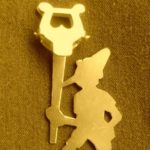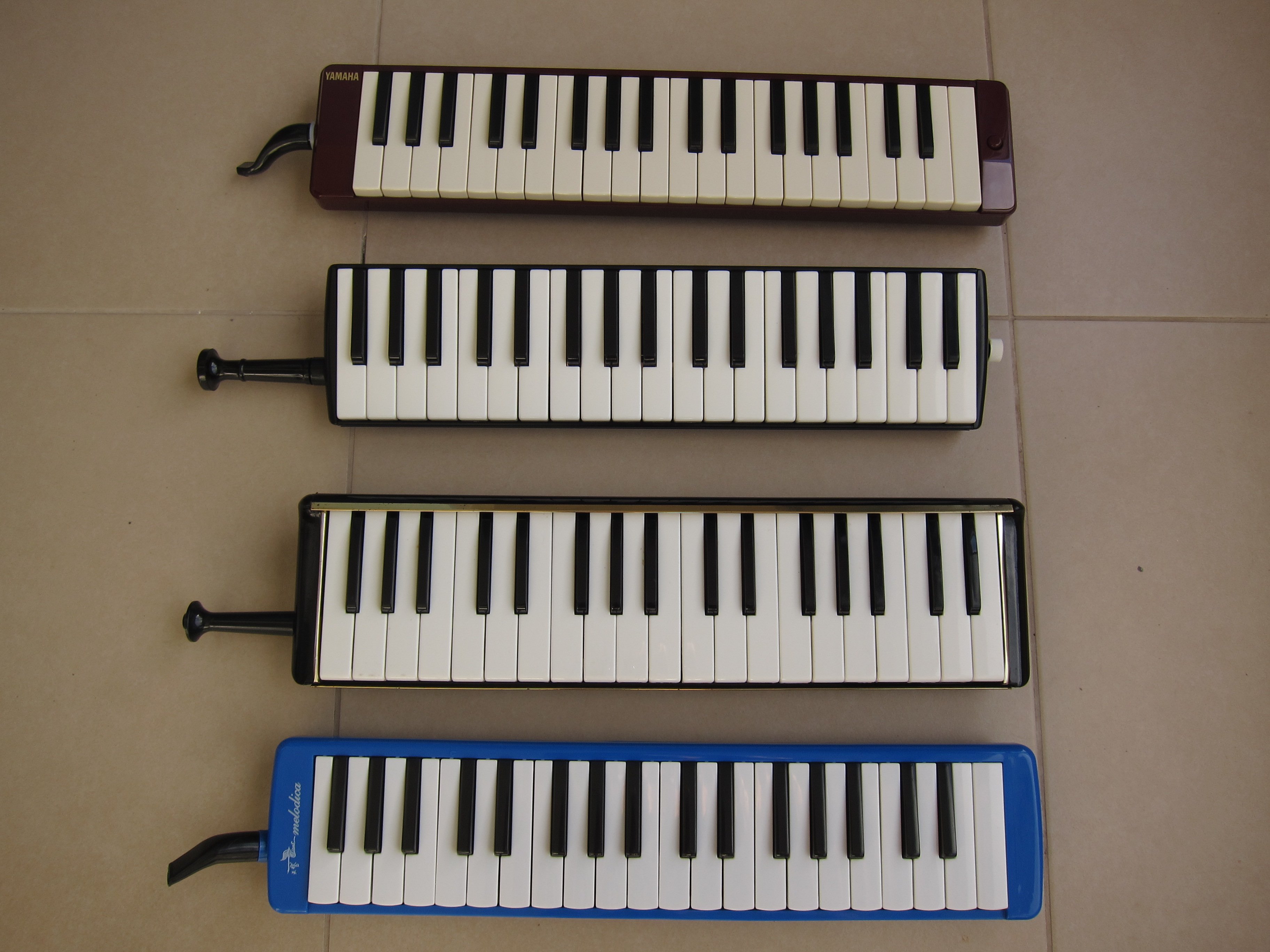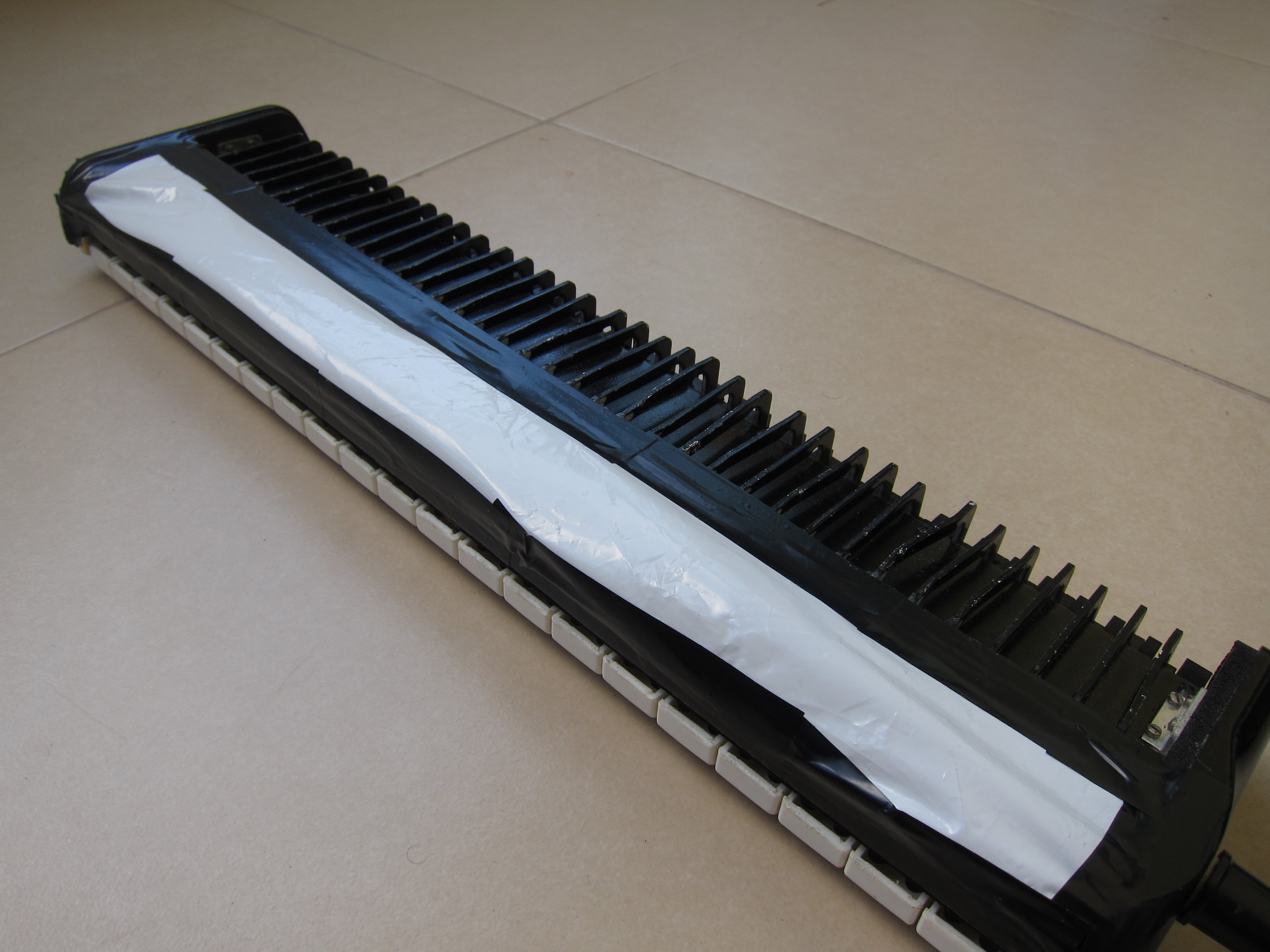My new Pro36
Tagged: hohner professional 36 repair
- This topic has 27 replies, 5 voices, and was last updated 8 years, 12 months ago by
 Melodica-Me.
Melodica-Me.
-
AuthorPosts
-
April 28, 2015 at 10:57 pm #4883
 DarenKeymaster
DarenKeymasterI’d get something made for a melodica if you can, so you know it won’t rust. I’ve just done a quick comparison, and the Vibrandoneon reeds are nearly exactly the same size, but about half a millimetre thinner. So perhaps try to get hold of a single Vibra reed?
I believe Martin Maurer (a member here) can get hold of these single reeds
April 29, 2015 at 12:33 am #4884 Melodica-MeParticipant
Melodica-MeParticipantOfir, I believe they are Bronze. But I need to confirm.
Melodica-Me
April 29, 2015 at 1:07 am #4885 Adam TombsParticipant
Adam TombsParticipantHey Ofir, it’s all good my friend. My comments are only to assist you. Glad the old girl is getting the love she deserves.
April 29, 2015 at 1:13 am #4886 Alan BrintonParticipant
Alan BrintonParticipantPhosphor bronze is the desirable material, I think.
April 29, 2015 at 5:18 am #4887 OfirParticipant
OfirParticipantThank you all!
Daren, I send an email to Martin, and I hope that he can assist.Alan, I guess that phosphor bronze is the material used for modern high-end reeds (i.e. my Yamaha).
Considering the silver color (not golden) of the original pro36 reeds, these are probably not made of phosphor bronze. Therefore, I wonder if it will produce the same sound character with the rest of the reeds.Melodica-Me, I’d love it if you can confirm.
Another idea I had is to put a thin layer of lacquer on the wood and metal parts that touches the gasket. I believe that it will enhance the ability of the non-gasket surface to block air.Finally Adam, sure it does! It came to work, and for that I cannot compromise on its shape. 🙂
April 29, 2015 at 5:00 pm #4891 Melodica-MeParticipant
Melodica-MeParticipantOfir, it is confirmed that the reeds used on the Professional 36 are Bronze. Early Hohner advertising states that the they are “durable Bronze reeds”. Color does not make a difference as Bronze is a mixture of different mental alloys and color can vary. But more than likely the reeds are like as Alan states “Phosphor Bronze” as in many accordion.
Melodica-MeApril 29, 2015 at 8:17 pm #4895 OfirParticipant
OfirParticipantThank you, Melodica-Me!
I removed the old gasket and put a new window gasket. The leakage was reduced, but it’s still leaking.
I suspect the key pads and not the glue between the reed plates, as a missing glue with perfect key pads should not leak (air cannot escape).
Do you have an idea of how to effectively check for a key pad leak?April 29, 2015 at 9:00 pm #4897 OfirParticipant
OfirParticipantRephrasing:
I suspect the key pads and not the glue between the reed plates, as a missing glue with perfect key pads should not leak air when no keys are pressed (air cannot escape).April 30, 2015 at 5:20 am #4899 Melodica-MeParticipant
Melodica-MeParticipantOfir, with a piece of plastic, cover the Reed section completly with electrical tape as if was being sealed with the back plate, leaving the other half completely open. Once this is complete flip over to see the bottom of the melodica. Mix some water and soap and carefully wet the key pads completely. Now blow into the mouth piece without pressing any of the keys and see if you make any bubbles mark those areas, let the moisture dry completely. These areas will need to be sealed again with either replacing the pad and or wax any crack in the frame you may see bubbles.
A lot of trial and error evay leak you fill will improve the performance.
Melodica-MeApril 30, 2015 at 7:04 am #4900 OfirParticipant
OfirParticipantThank you Melodica-Me, I’ll give it a try.
April 30, 2015 at 3:14 pm #4906 OfirParticipant
OfirParticipantRepeat after me:
“I’m not a collector; I’m not a collector; I’m not a collector”. April 30, 2015 at 3:15 pm #4907
April 30, 2015 at 3:15 pm #4907 OfirParticipant
OfirParticipantAnd.. let the fun begin!
 April 30, 2015 at 8:49 pm #4918
April 30, 2015 at 8:49 pm #4918 Melodica-MeParticipant
Melodica-MeParticipantOK then you must be a historian collecting data in the shape of a melodica. 🙂
Melodica-Me -
AuthorPosts
- You must be logged in to reply to this topic.
